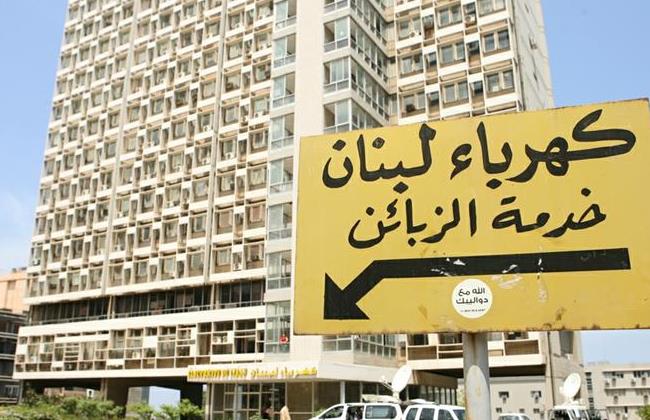
It is incomprehensible that after nearly a quarter-century since the official end of the civil war (1975-90) Lebanon is still failing to re-secure a constant power supply to its citizens.
According to a report by Al Monitor what makes things worse is the fact that Lebanon has subsidized the state owned electricity company Electricite du Liban (EDL) with $27 billion since the end of the civil. A sad situation that summarizes the suffering of an entire country that has been beset by negligence, corruption and incompetence of governance.
In terms of numbers , according to the same study, the total accumulated deficit of EDL since the end of the civil war is about $27 billion — an unusual figure for a small country like Lebanon.
This amount represents about 40 % of the total Lebanese public debt, estimated at about $68 billion at the end of 2014.
This amount also accounts for roughly 55% of the gross national product (GNP), which is estimated at about $49 billion for the same period.
The deficit in the Lebanese electricity sector constitutes about a third of the state budget on an annual basis — a rate that has become almost constant in the last three years.
Lebanon treasury pays over $2 billion per year ($2.1 billion in 2014) to subsidize EDL losses . The worst part is that despite all these huge subsidies , Lebanon continues to suffer from ongoing electricity blackouts despite the fact that the company charges about 22.73 cents per kilowatt-hour, which is the highest in the world according to the same study.
EDL’s chronic situation has pushed the Lebanese to resort to private power generators. Entrepreneurs who are backed by politicians in their home towns or neighborhoods, purchase large power generators to supply households. They supply homes with power using the official public distribution networks in exchange for monthly subscription fees, which for nearly two decades has been a blockbuster trade in Lebanon.
In addition to the large generators there are about 500,000 smaller generators that are individually owned and operated . All these generators seriously impact the environment .
Reasons
What are the reasons behind this growing national disaster? For many years, studies have been suggesting endless reasons for this crisis, including the situation of the power production plants. They are expensive to operate, given that they are old and not maintained properly, and also face a challenge in distribution, transport and technical waste because of poor network conditions, the report added
In addition, there are the issues of administrative corruption including the EDL’s failure to bill in time and collect owed bills from subscribers, in light of the security conditions in some areas in the Bekaa Valley, in north and south Lebanon and in the Palestinian refugee camps. According to the study, the cumulative total of EDL’s uncollected bills amounted to nearly $1 billion by the end of 2014.
A quarter of these bills are owed by the Palestinian refugee camps in Lebanon, whose sum has risen in the last three years by more than a third. This overall figure is expected to rise in the coming years, given the presence of more than 1.2 million Syrian refugees in Lebanon, some of whom are illegally consuming electricity.
According to another study an even bigger problem is that EDL has been used by political elites to distribute free electricity to their constituents.
Lebanon is facing a multitude of military, security and political problems. However, its economic burdens are no less dangerous than the other challenges the country is facing.
The electricity issue stands at the forefront of Lebanon’s economic crisis — an issue that started to take a dangerous turn — whose pattern has not changed over the past few years: great financial losses plague the government with ongoing power cuts.
The report concludes that in light of the Syrian displacement, this crisis is likely to exacerbate, causing financial failures at governmental, social, economic and environmental levels.
Al Monitor

Leave a Reply
You must be logged in to post a comment.